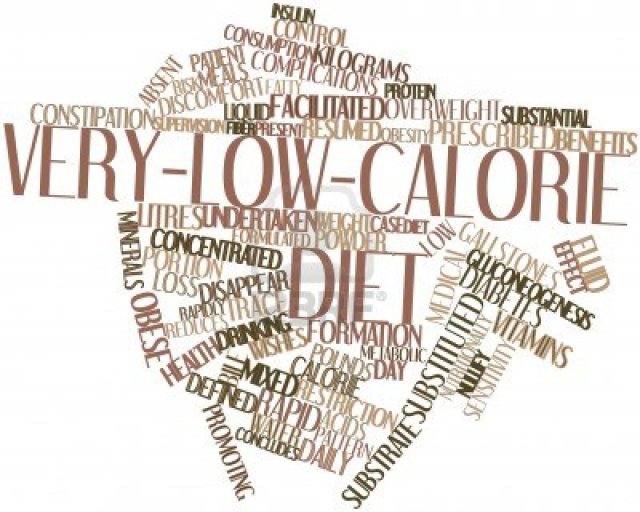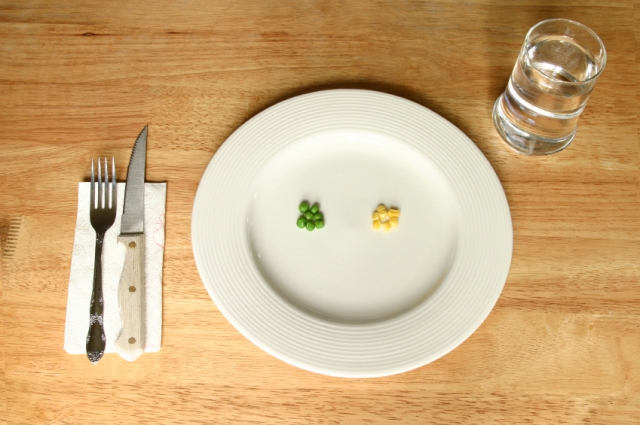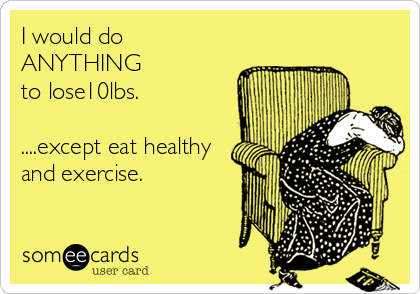Our dietician expert, Celynn Erasmus gives us the full deal on going the very low calorie route for eating….
When traveling, we all make sure that our cars have enough fuel to get us where we’re going. After all, our cars, like our bodies, can’t run on thin air! Then why do so many of us resort to extreme methods to beat the bulge?
The Very Low Calorie Diet, or VLCD, has gained popularity in the past few years with many celebrities following extreme regimes to lose baby weight or get ready for the red carpet. Some even claim this way of eating promotes longevity. Basically, a VLCD is any diet that restricts your daily calorie intake to 800 calories (3300kJ) or less per day. That is less of half of what an average woman would need to maintain her current weight!
- Weight loss: Probably the first on everyone’s list. VLCDs allow you to lose weight rapidly with minimal effort.
- Could address certain health problems: Studies have found that short-term use of a VLCD could benefit obese patients with type 2 diabetes in various ways, including improving glycaemic control and increasing insulin sensitivity.
- Eating healthier: Because vegetables are the lowest kilojoule foods, you will naturally be drawn to them as you can eat more without going over your daily energy limit.
- Greater awareness: While on a VLCD you will become more aware of what food you consume, as well as its kilojoule and calorie content.
- Health problems: Although following a VLCD could have certain health benefits, there are also some adverse effects. A potential side effect is constipation, depending on the fiber content of the diet.
- Nutrient deficiencies: Again depending on the diet, it is possible to end up with severe nutrient deficiencies that could lead to loads of health problems. When embarking on a VLCD, you should always take a good multivitamin and mineral supplement.
- Not sustainable: A VLCD diet might be a helpful tool to fast track your weight loss, but it is not a sustainable way of life and does not teach you how to keep the weight off in a healthy way. At the end of the diet, you will most likely regain all the weight you’ve lost (plus extra!) unless you adopt the correct healthy habits.
- Expensive: A VLCD might also cause your wallet to become thinner. Staple foods such as bread and maize are more energy-dense and generally less expensive than less energy-dense foods such as vegetables and fruit.
Don’t try this at home
Following a VLCD might seem like a silver bullet for weight loss, but you should rather speak to your health professional or dietician about a more sustainable approach to lasting weight loss and good health.
There are many VLCD that masquerade as FAD diets such as the Grapefruit Diet or the Cabbage Soup Diet so watch out for these. As always, it is better to take things slow and steady. If you want to lose weight, get a lifestyle plan from registered dietician and stick with it! That way, you’ll always have enough in the tank to keep you feeling and looking great as well as to get to where you want to go.



